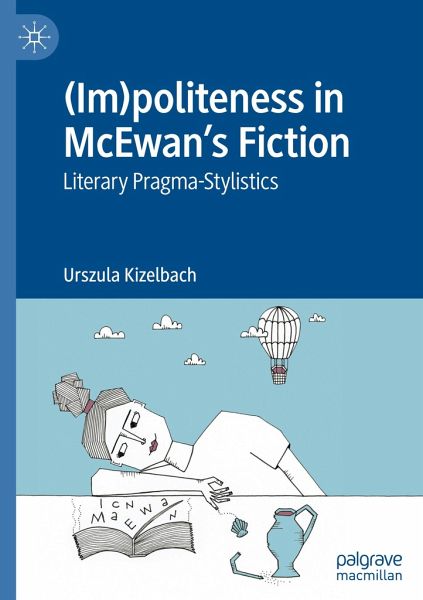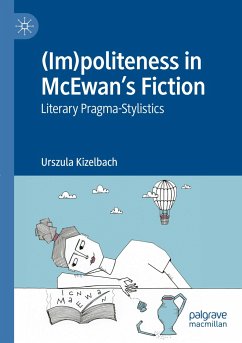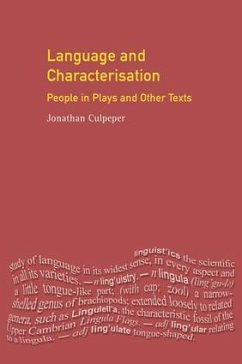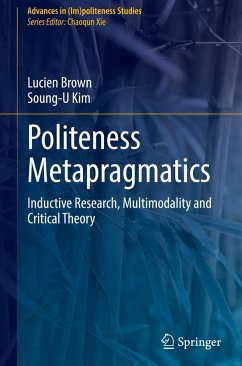
(Im)politeness in McEwan's Fiction
Literary Pragma-Stylistics
Versandkostenfrei!
Versandfertig in 6-10 Tagen
91,99 €
inkl. MwSt.
Weitere Ausgaben:

PAYBACK Punkte
46 °P sammeln!
This book is a pragma-stylistic study of Ian McEwan's fiction, providing a qualitative analysis of his selected novels using (im)politeness theory. (Im)politeness is investigated on two levels of analysis: the level of the plot and the story world (intradiegetic level) and the level of the communication between the implied author and implied reader in fiction (extradiegetic level). The pragmatic theory of (im)politeness serves the aim of internal characterisation and helps readers to better understand and explain the characters' motivations and actions, based on the stylistic analysis of their...
This book is a pragma-stylistic study of Ian McEwan's fiction, providing a qualitative analysis of his selected novels using (im)politeness theory. (Im)politeness is investigated on two levels of analysis: the level of the plot and the story world (intradiegetic level) and the level of the communication between the implied author and implied reader in fiction (extradiegetic level). The pragmatic theory of (im)politeness serves the aim of internal characterisation and helps readers to better understand and explain the characters' motivations and actions, based on the stylistic analysis of their speech and thoughts and point of view. More importantly, the book introduces the notion of "the impoliteness of the literary fiction" - a state of affairs where the implied author (or narrator) expresses their impolite beliefs to the reader through the text, which has face-threatening consequences for the audience, e.g. moral shock or disgust, dissociation from the protagonist, feeling hurt or'put out'. Extradiegetic impoliteness, one of the key characteristics of McEwan's fiction, offers an alternative to the literary concept of "a secret communion of the author and reader" (Booth 1961), describing an ideal connection, or good rapport, between these two participants of fictional communication. This book aims to unite literary scholars and linguists in the debate on the benefits of combining pragmatics and stylistics in literary analysis, and it will be of interest to a wide audience in both fields.












